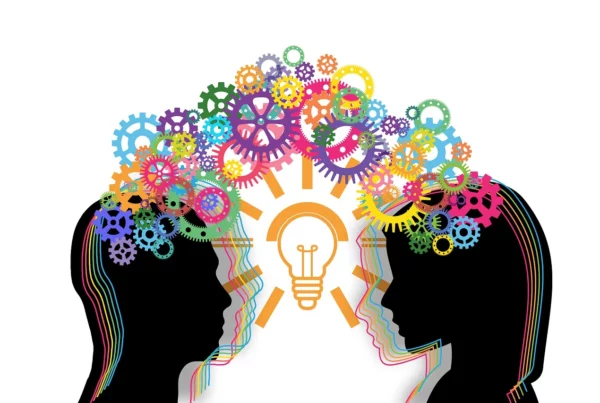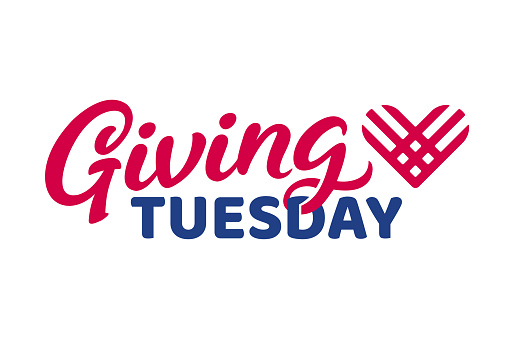Why I pursued DBT-LBC Certification
My journey to seeking DBT certification is a personal story. I could write about positive therapy experiences I had early in the learning of DBT. I could also write about the effectiveness of the treatment, the efficiency and the sense of accomplishment that comes with completing such a rigorous process. However, as I mentioned above, my decision is mostly personal.
One of the earliest draws I had to certification was finding validation for my own story in DBT and finding much healing there. I was born with an intense threat sensitivity. My parents have told stories about this since I can remember (crying in fear at the movies watching Ghostbusters, refusals to go outside during fireworks, etc). As a young boy growing up in the 1980’s the world wasn’t exactly validating to my fears. The plethora of CBT strategies (change) I have tried to resolve this has been exhaustive. Even at 12 years old I tried exposure (flooding) strategies on myself with only more harm as a result. The acceptance component balanced with change was so helpful for me personally. The bio-social theory giving a compassionate understanding to my life long struggle gave me so much personal healing. Mindful acceptance (rather than challenging thinking mistakes) of my fears was a major personal breakthrough. Finally it was okay to be Jon.
The initial introduction to Comprehensive DBT and Certification came serendipitously in 2016. I met Dr. Garry Del Conte (Dr. D) Owner/Director of Daybreak Treatment Center. This was in a networking call in which we were both quick to realize that our interests and professional needs aligned well. I then joined the Daybreak Treatment Team and was introduced to Comprehensive DBT. Dr. D as a recent Certified DBT Therapist was very invested in my learning DBT with adherence and with consistency to research validation. The initial reason that I can say I pursued Certification was the individual investment of Dr D in me as a person. I think not only did he show me the treatment steps, hierarchy, language, paperwork, etc, most importantly he showed me the mindful attendance to a relationship that is core to DBT. Concepts like showing equality with your patient, validation, fallibility were all on display as he walked with me in this process. One of the most important things I’ve learned about in DBT is the therapist-patient equality. Furthermore, I feel like the family environment of the DBT community (that remains sustained even with thousands of clinicians across the world) was very appealing and unique.
The above dynamics are described by Marsha Linehan in her Memoires where she discusses how most of the clinical DBT world refers to her very affectionately as “Marsha” rather than Freud, Dr. Beck, Skinner, etc. The humanity I found in DBT through Dr. D’s mentorship was matched by what I was reading and studying as well. In the past, I experienced consultation with BPD patients in many of the ways you would expect. Terms like “Manipulator” “Drama queen” “untreatable” “sabotagers” were often accompanied with highly difficult patient consultations. I participated in these pejorative labels as much as anyone. However, once I started to read in depth and understand the concept of the Bio-Social Theory in combo with concepts like dialectics, I started to make personal connections to the treatment.
The last major reason had to do with my values as a Christian. The Greatest commandment is to love God and to love others as you do yourself. Prior to DBT, I was constantly trying to stack as much work into my life as possible so that I could make sure I honored this commandment to love others. Now fused with a mindfulness practice, I feel free to be present with others and God as much as possible. This mindfulness Participation has given me so much more joy and freedom and made interactions with other humans far more pleasing AND effective.
The science of the treatment of DBT is robust. I decided that if I truly wanted to honor the values of my Faith and truly loving my patients, then the best thing to do would be to work hard and offer them the best possible treatment I could. I was lucky enough to have a few consultations with Cedar Koons, and she spoke to me about the idea of “loving our patients.” She also emphasized the Gold Standard of DBT Certification. Pursuing and obtaining certification, and now the on-going learning process is helping to give me confidence that I am giving my patients highly effective treatment, honoring my personal values – and is helping heal me in the process.




